I once met the president of the San Francisco Giants while walking to my church.
Nearly twenty years ago, my wife and daughter and I moved from Glendale, Arizona to a city near Oakland, California. I had been asked by a pastor friend to be his associate pastor with the idea that when he retired, I would become the senior/lead pastor.
The day we arrived in town, a vice president for Safeway, who attended the church, dropped dead of a heart attack.
The executive’s memorial service was scheduled in the early afternoon after Sunday services, and as I walked from home toward the church, I found myself walking parallel to Peter Magowan, the president and managing general partner of my favorite baseball team, the San Francisco Giants, who was walking into the church. (The following year, he would be named Sports Executive of the Year.) Magowan was also the former CEO of Safeway and the current chairman of their board and had worked with the vice president. At the time, Magowan’s group was putting the finishing touches on Pac Bell Park, the Giants’ new stadium, now termed At&T Park.
I greeted him by saying, “Hello, Mr. Magowan.” I then told him that I had been at Candlestick Park the day before to watch the Giants play the Dodgers. The Dodgers rallied in the ninth inning to beat the Giants, and I told Magowan that it was a tough loss. He replied, “Tell me about it. I didn’t sleep at all last night.”
Over the years, I’ve had the privilege … as just an average fan … of meeting many well-known people connected to baseball, mostly by asking for their autograph. Intellectually, I know that baseball players are just ordinary individuals, but since I started collecting baseball cards in 1960 (at the age of six), I have admired baseball players, and secured the signatures of many players I first encountered on cards … and there is something magical about that experience.
_______________
I began collecting autographs at the Grand Hotel in Anaheim, California in 1967, when I was thirteen years old. The visiting American League teams all stayed at the Grand … except for the Kansas City A’s, who stayed at the Jolly Roger Inn. From 1967 through 1972, I usually went to the hotel at least once per series.
The Grand could be a tough place to get autographs because the bellhops didn’t want any collectors inside the lobby. Most of the time, we’d have to wait outside for the players to emerge as they took a taxi or the bus to what was then called Anaheim Stadium.
Around 1971, I began going to hotels in Los Angeles with friends to get the autographs of National League Teams. Most stayed at the famous Biltmore Hotel in Pershing Square (my parents both attended The Bible Institute of Los Angeles across the square from the Biltmore in the early 1950s), while the Atlanta Braves stayed at the Sheraton West near MacArthur Park and the Giants stayed at the Ambassador Hotel (where Robert Kennedy was shot). On several occasions, after getting autographs at the Biltmore, my friend Steve and I would walk uphill to Dodger Stadium for that night’s game.
When I became a pastor, I always hoped that a current or former major league baseball player would attend my church, but in my last church, I did have the privilege of having Irv Eatman, former 11-year NFL veteran and an offensive line coach for the Oakland Raiders, in my church. He was the only person who wore a suit every Sunday!
I have hundreds of stories about getting the autographs of baseball players, whether at hotels, the ballparks, spring training, a golf tournament, or a card show. But most of the time, I’d hand the player some cards, he’d sign them, he’d hand them back, I’d say, “Thank you,” and that would be it. Sometimes, I was too intimidated to say anything to the player at all.
But as the following stories indicate, on occasion, I’d have a more extended conversation with a current or former player, such as:
Steve Garvey, San Diego, 1972.
The Dodgers used to stay at the Town & Country Inn in San Diego. It’s a sprawling complex (my wife and I stayed there for an anniversary several years ago). The Dodgers stayed at the back of the complex in a large tower. They would come down an elevator and either walk through the complex to get a taxi at the front or wait for the bus in the back parking lot.
One Saturday, my friends Steve and Terri accompanied me to the hotel, and early in the afternoon, we got the autograph of Steve Garvey, who was at the time a third baseman who couldn’t throw. Garvey and his wife Cyndy were sitting by the pool, and after we got his autograph, they began talking with us … for about twenty minutes. They were both so nice that we couldn’t believe it. (By contrast that day, Dodger pitcher Al Downing yelled at us when we asked him for his autograph … and he was known as Gentleman Al.)
Garvey became the National League Most Valuable Player two years later, in 1974, and I watched him hit two home runs against the Pirates in the final League Championship Game at Dodger Stadium that same year. Garvey was a fan favorite in Los Angeles, and often came through in the clutch, especially in All-Star games, playoff games, and the World Series.
Garvey worked hard at pleasing his fans and was always a great signer.
Many years later, I saw Garvey before an exhibition game at UC Berkeley, and I told him that I thought he should be in the Hall of Fame. He smiled and said, “Thanks.”
Cyndy went on to become a TV hostess and actress.
Six years later, I took this photo at the same hotel:
Davey Lopes, San Diego, 1978.
I once had the pennant hopes for the Los Angeles Dodgers in the front seat of my car.
In 1978, the All-Star Game was held in San Diego, and my friends Steve and John went with me to the Sheraton Harbor Hotel to get autographs the day before the game. (It was quite a day. George Brett was actually nice … I told Willie Stargell a story … and I had my only encounter with Howard Cosell.)
Players from both leagues would emerge from the hotel and take taxis over to the ballpark, but when Davey Lopes – second baseman for the Dodgers – came out, all the cabs were gone. Thinking quickly, I told Lopes, “I’ll take you to the ballpark,” and after sizing up me and my friends, he said, “Okay, let’s go.”
During the fifteen minutes it took to get to the ballpark, the three of us talked to Lopes about the Dodgers’ pennant chances. Lopes initially asked if there was anything we wanted him to sign, and he was very gracious. Since he was leading off for the National League the next day, I told him what kind of pitches Frank Tanana, the starting pitcher for the American League, threw. (It didn’t help. Tanana got Lopes out.)
The whole time I was driving Lopes to the ballpark, I kept thinking to myself, “Drive perfectly. You have the Dodgers’ leadoff hitter in your passenger seat.”
When we got to the ballpark, there were thousands of cars already there for the Monday festivities, but because Lopes was a player, we were escorted right to the front, where I dropped him off.
The Dodgers went on to win the National League pennant in 1978, only to be defeated the second year in a row by the dreaded New York Yankees in the World Series. Lopes hit three home runs and knocked in seven runs in that Series. I attended the last game at Dodger Stadium – Goose Gossage got the save – but I got to see the little second baseman who had been in my car hit a home run.
Pete Falcone, San Francisco, 1984.
Pete Falcone was a left-handed pitcher for the San Francisco Giants, St. Louis Cardinals, New York Mets, and the Atlanta Braves in the late 1970s and early 1980s.
At the time, I pastored a church in Santa Clara, California … in the heart of Silicon Valley. Fridays were my day off, and that usually meant driving north to Daly City and taking BART to downtown San Francisco so I could get autographs of the visiting teams who stayed at the Westin St. Francis Hotel across from Union Square.
On this particular day, a fellow collector named Bob met me in the lobby of the St. Francis (it was a GREAT place to get autographs because nobody from the hotel ever bugged us) and we got Falcone’s autograph. We started talking, Falcone found out I was a pastor, and he told me he was a Christian who attended a small church of thirty people in the Atlanta area.
The next thing we knew, Falcone invited both Bob and I to lunch at the restaurant in the back of the hotel.
I should have gone home and recorded as much of the conversation as I could remember, but I didn’t. But Falcone treated us both very well … like men … and it was really cool. At one point, we both lamented the passing of Keith Green, a Christian music artist who had died several years before in a plane crash.
After lunch, Falcone left us tickets for that night’s game. After at least a 90-minute ride home, I loaded my brother-in-law Kevin and my four-year-old son Ryan in my 1963 Chevy Nova and headed up the 101 Freeway toward Candlestick Park. Caught in bumper-to-bumper traffic in the fast lane, the three cars in front of me collided, and to avoid them, I quickly swerved my car to the left … and hit a chain link fence that served as a barrier. When my head thrust forward, I chipped my two front teeth on the steering wheel. (Those who were in the collision were all bloodied and walking around in a daze.)
I was in too much pain to proceed to the ballpark, so I turned around … found a dentist the next morning who capped my teeth temporarily … and called Falcone at the hotel and told him why I didn’t show up.
When the Braves next came to town, I said hi to him on the field. That was the last time I ever saw him … but I’ve never forgotten his kindness.
Luke Appling and Minnie Minoso, Oakland, 1987/1988.
In the late 1980s, the Equitable Group sponsored a series of Old Timers games all over Major League Baseball. I always looked forward to those games because it meant that former players would show up … and since some of them didn’t answer their mail, the only way to get their autographs was in person.
For example, Jack Smalling, who has compiled a list of current and former players’ addresses for years, once listed the top ten players he couldn’t find. One of them was Jim Ray Hart, former third baseman for the San Francisco Giants. Hart turned up before an Old Timers game at the Hyatt Hotel in Oakland, and he signed … and smeared … every card I gave him. (He didn’t mean to smear the cards. He probably hadn’t signed anything in so long that he didn’t know autograph protocol.)
Anyway, one Saturday afternoon, my son Ryan and I drove up to the Hyatt Hotel in Oakland to try and get the autographs of the Old Timers who were staying there. (Fifteen years later, I would be the pastor of a church five minutes away from the site of that hotel … after it had been bulldozed down.)
That night, while waiting in the small lobby of the Hyatt, former White Sox greats Luke Appling and Minnie Minoso came into the lobby and sat down. There were a few collectors there, and both men signed everything they were handed. And then they started conversing with us … just like we were regular people.
Luke Appling, a shortstop with the Chicago White Sox his whole career, was elected to the Hall of Fame in 1964. (I knew a pastor’s wife who babysat for Appling’s family when she was a teenager.) Minnie Minoso was one of my father’s favorite players.

Once again, I wish I had gone home and written down what these two men said, but the message I received from them was, “I like baseball fans, and you guys are fans, so let’s talk baseball.” Few current or former players convey that attitude anymore.
Let me tell you about the camaraderie I once enjoyed with other collectors. That night, I left the hotel without getting the autograph of Joe Black, a pitcher for the Dodgers from the early 1950s. I asked a collector if he would get Black’s autograph for me if he saw him, and he said he would. The next time I saw that collector, he gave me all six cards back … signed.
Alvin Dark, Garden Grove, California, 1980.
Alvin Dark was the shortstop for the famed 1951 New York Giants who beat the Dodgers in a three-game playoff under manager Leo Durocher, who named him team captain. He was also the Giants’ shortstop when they swept the Indians in the 1954 World Series.
After his solid playing career was over, Dark became the manager of the San Francisco Giants in the early 1960s, managing Hall of Famers Willie Mays, Willie McCovey, Orlando Cepeda, and Juan Marichal, among many others.
He also went on to manage the World Champion Oakland A’s in 1974 and the San Diego Padres a few years later.
Dark, who was a Christian, had just written a book called, When in Doubt, Fire the Manager. The head of our church’s men’s group asked Dark … who was living about an hour south of our city near San Diego … to speak for our men’s group.
Fortunately, the head of the men’s group knew I was a huge baseball fan, and he arranged for me to sit by Dark for the evening.
Dark’s Oakland A’s beat my Los Angeles Dodgers in the World Series in 1974, and I remembered watching player after player hit weak ground balls to Bert Campaneris (the A’s shortstop) or Sal Bando (their third baseman). I asked Dark about it.
He told me, “I told our pitchers to throw the ball on the outside corner. If a pitch was called a strike, I’d tell them to throw it another inch outside.” Time after time, I watched as the Dodgers’ right-handed batters tried to pull those outside pitches and grounded out easily. It was all part of a strategy!
Even though it was still painful to watch, we watched highlights of the 1974 World Series and received expert commentary from the A’s manager, who signed all the items I had … including his book … after the banquet.
That was a long time ago!
_______________
As I mentioned at the beginning of this article, I lived near Oakland, California during my last church ministry … and used to see the current manager of the Oakland A’s all the time.
Back in 2000, the A’s and Yankees were playing a best-of-five series in the American League Divisional Series for the right to go to the World Series. The Yankees won Game 5 in Oakland and it was heartbreaking.
The Saturday after Game 5, my wife and I were working in our garage when I saw A’s manager Art Howe walking his two dogs across the street. I had been told that he lived in the apartment complex across from us, and there he was. My wife told me, “He looks so sad.” I said, “He thought he was going to manage the A’s tonight in the World Series. Instead, they’re at home and the Yankees are in the Series … again.”
After that, I saw Art Howe from time-to-time in our community. I once passed an ice cream parlor and he was sitting next to the window. One time, I was backing out of a parking place, turned around, and Howe was waiting to take my place. He smiled and waved at me.
If you’re read the book Moneyball or seen the movie, Howe was the manager during that period in A’s history.
When I first started collecting autographs, it was like torture for me to overcome my introversion and ask a player to sign something. Over time, I learned to become more extroverted while approaching players because that was the only way I was ever going to get anything signed. I have always tended to defer to people who have a greater social status than I do, so I’m grateful for those few times that someone connected to baseball treated me like a human being.
I’ll share some other stories soon.





















































































































































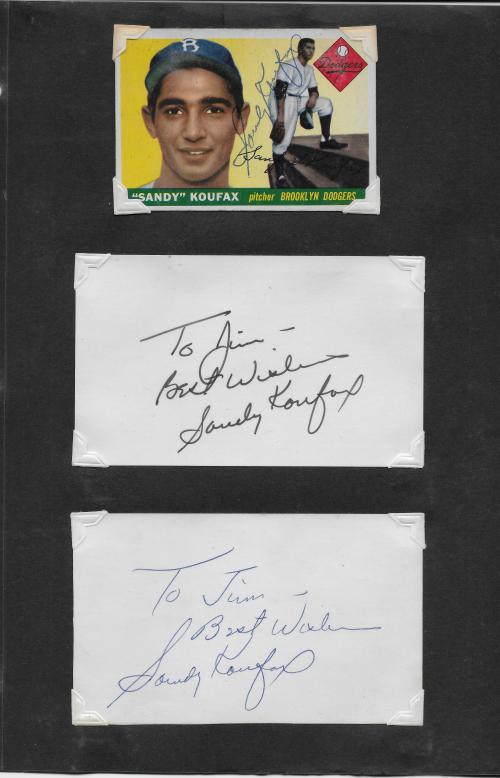
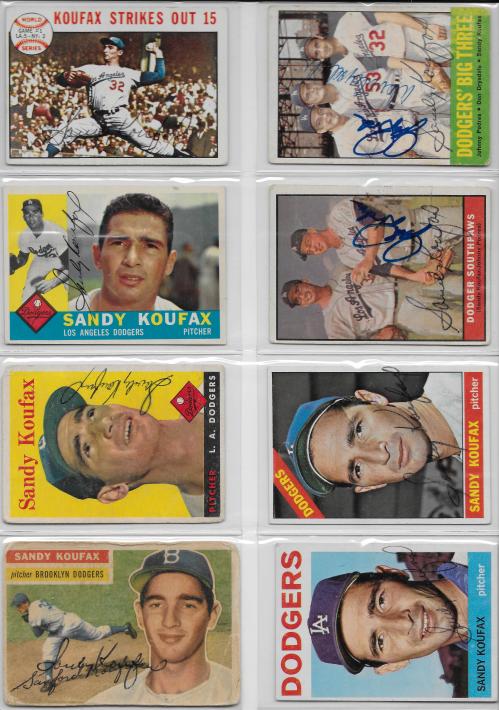
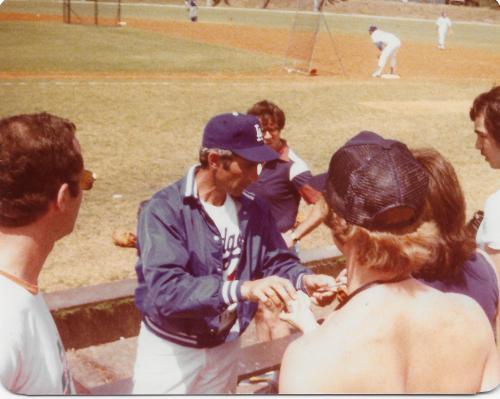
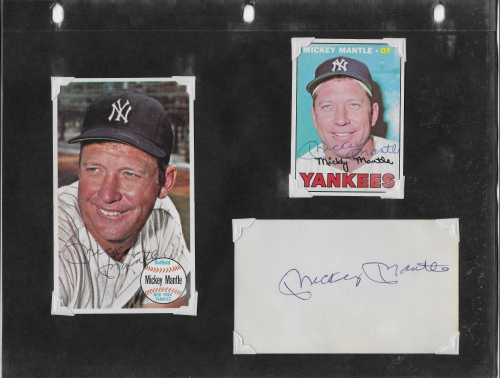
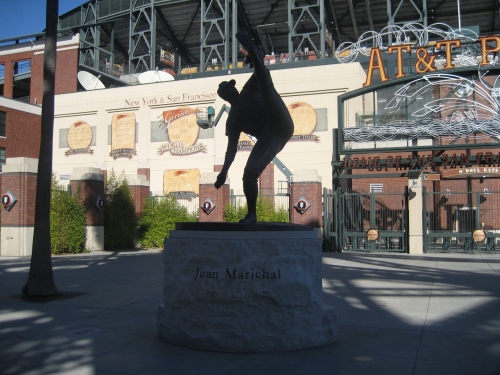
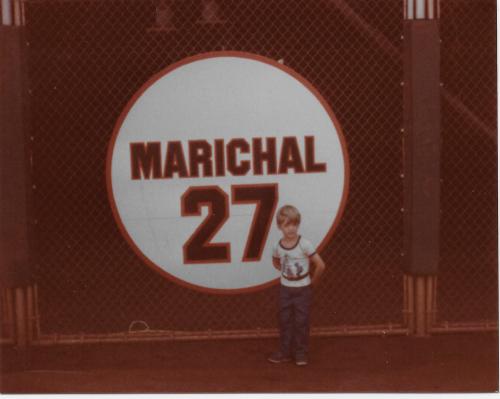
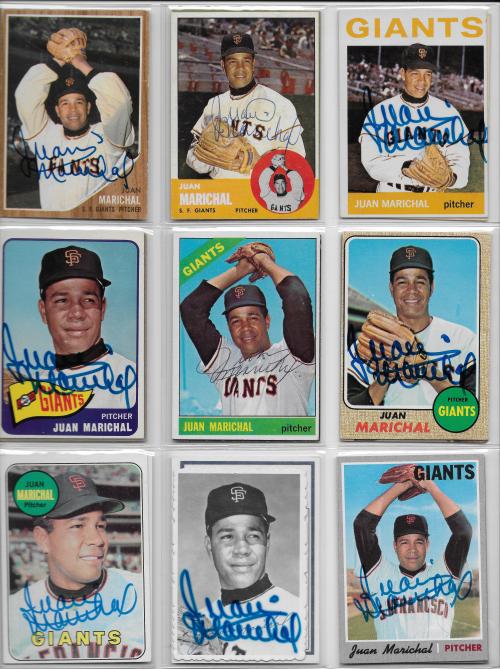
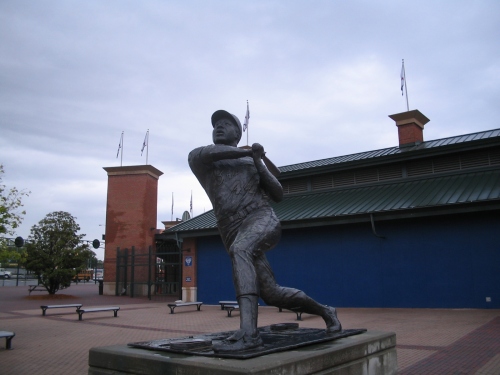
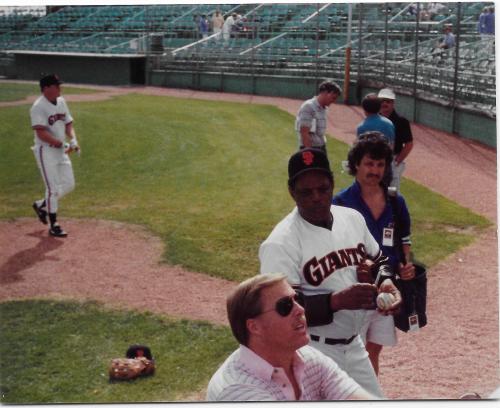
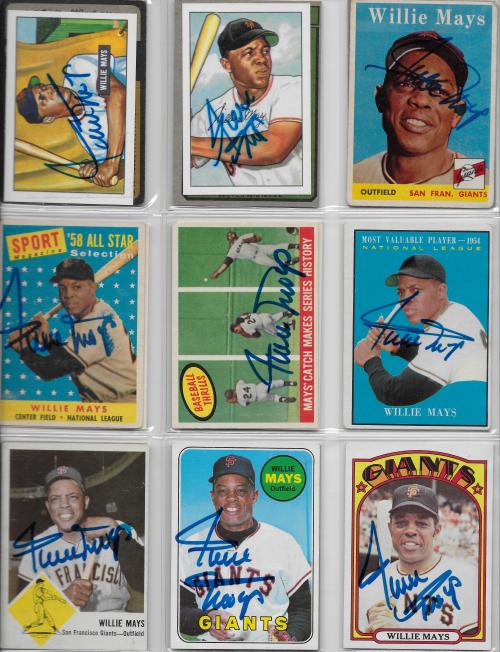
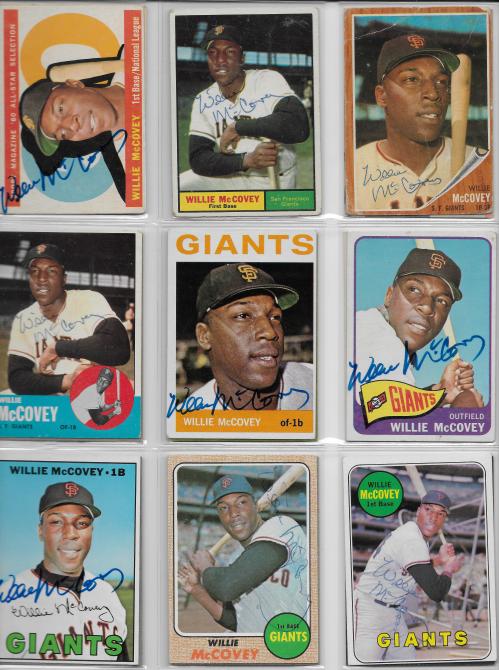
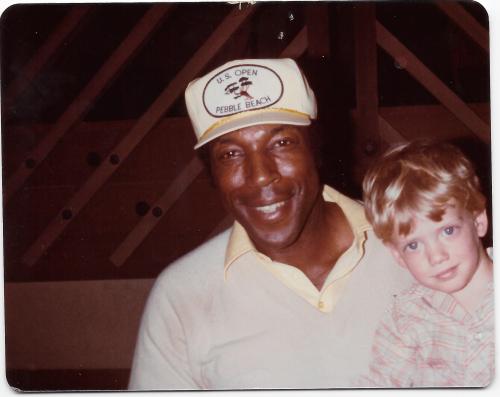
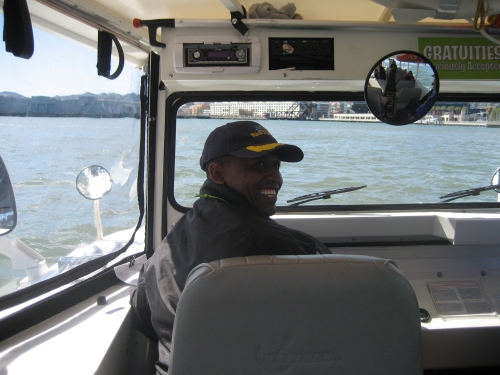
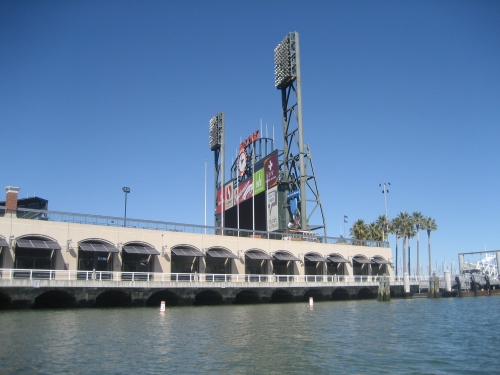
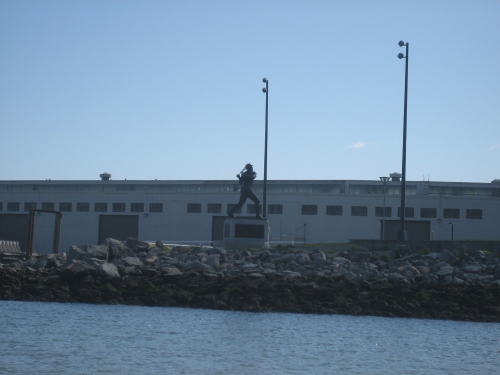
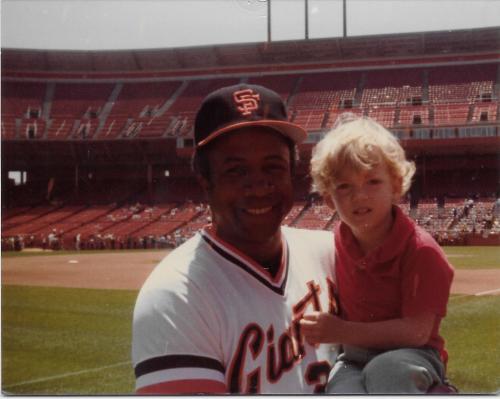
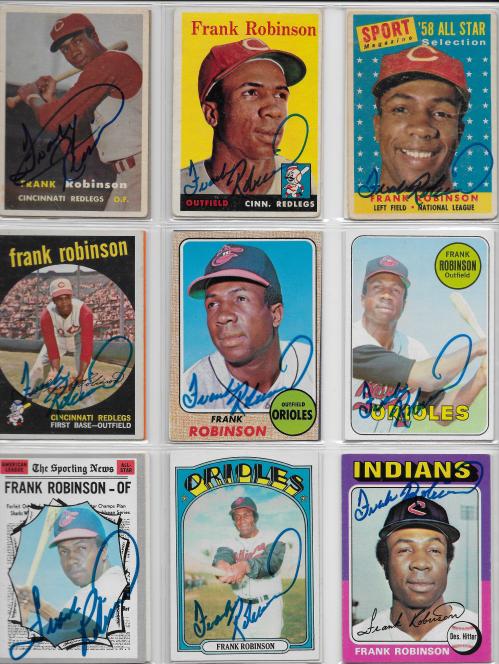
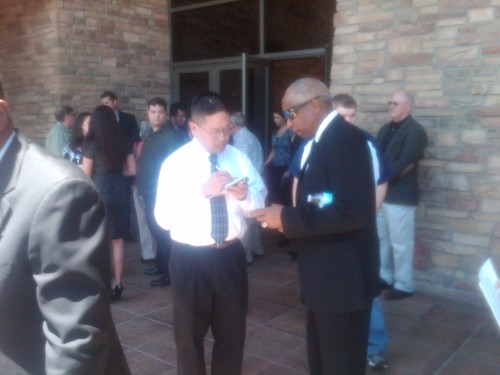
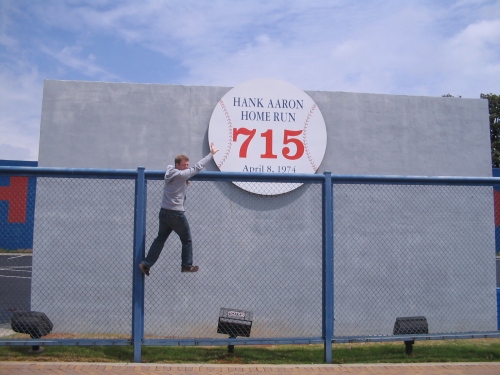
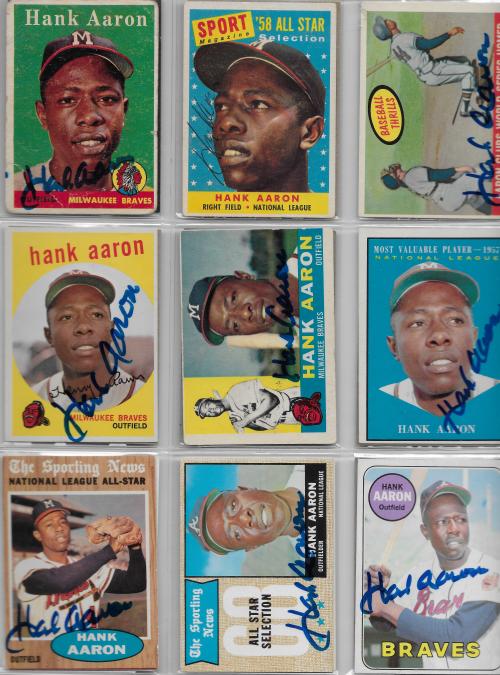
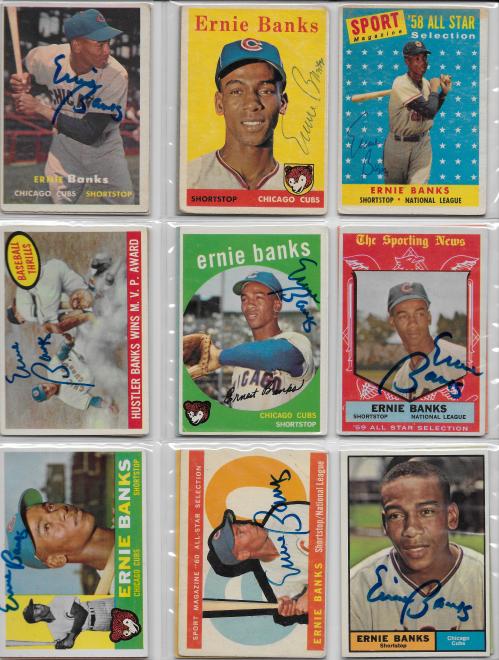
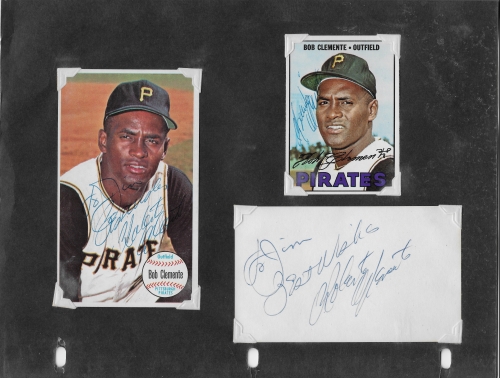
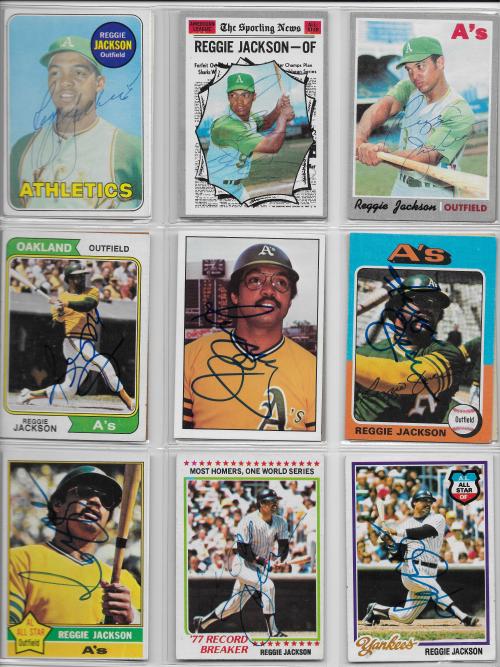
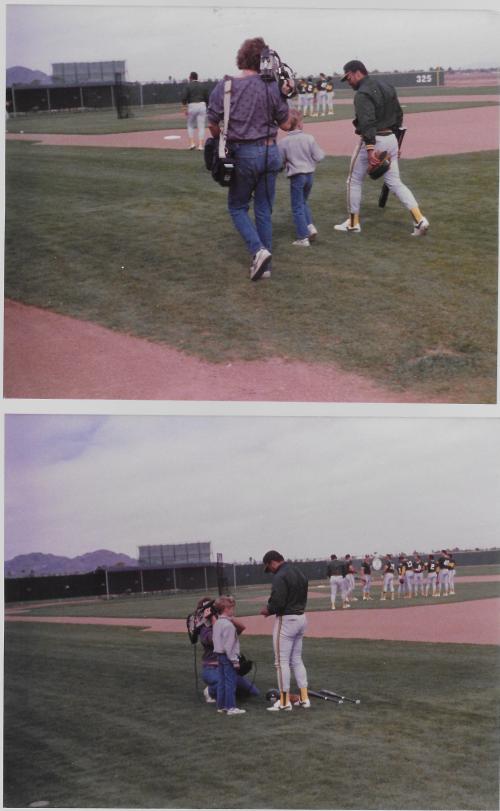
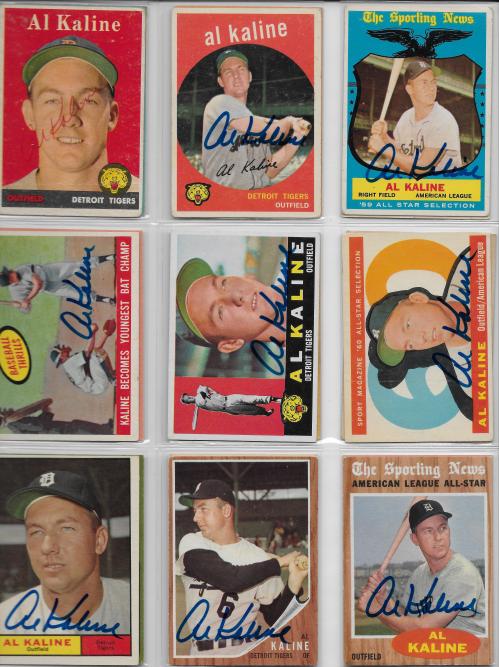
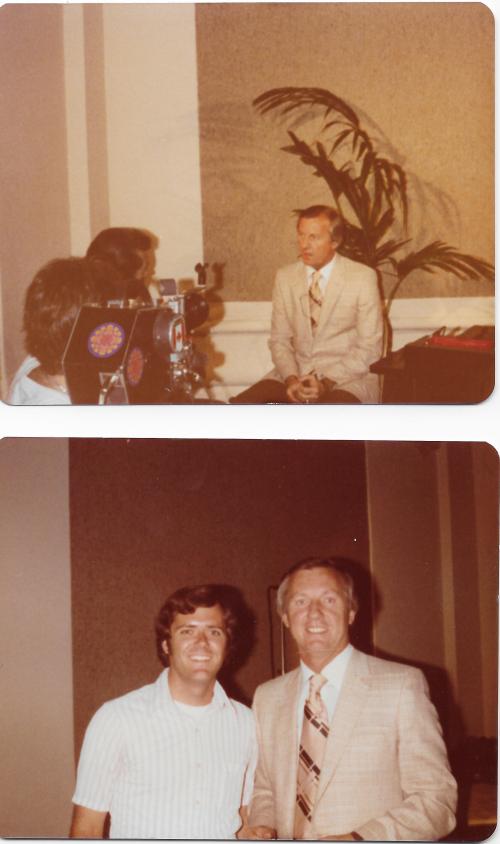

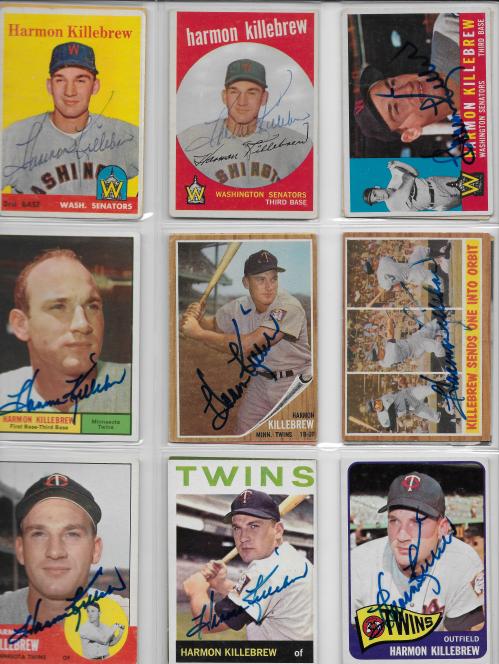

What Should Pastors Do About Church Cranks?
Posted in Conflict with Church Antagonists, Conflict with the Pastor, Pastoral Termination, Personal Stories, Please Comment!, tagged church antagonists, church cranks, confronting church leaders, confronting church members, difficult church members on November 9, 2018| 1 Comment »
The first time I interviewed to become the pastor of a church, I met a church crank.
He remained a thorn in my side for years. Know anyone like that?
The deacons of a small church in Sunnyvale, California, received and reviewed my resume, and one Sunday night, the chairman called and asked me if I could preach at their church the following Sunday.
I said yes.
So my wife and I flew to San Jose and were picked up by the chairman, who drove us to the elementary school where the church met.
Inside a brown classroom, I met four deacons … all of them at least sixty years of age. The chairman was 74. The others were all over 60.
And I was just 27.
A deacon I’ll call Warren stood out because of his booming voice and his burly appearance … and as I would soon find out, he had quite a temper.
The sermon went well the following day … the people loved us … I preached a candidating sermon the following Sunday … and the church voted to issue me a call, which I accepted.
Little did I know it, but over the next few years, I would have many off balance encounters with Warren, even though his wife … twenty years his junior … was a delightful person.
For years, Warren had been a pastor in a small coastal town in Northern California. He once told me that tapes of his sermons were circulating around the world.
But Warren wasn’t in church ministry anymore because he had been divorced. I never learned the circumstances.
Every Sunday morning at our church, Warren made announcements before everyone went to Sunday School. But one Sunday, Warren acted and spoke bizarrely … and I noticed his wife wasn’t with him.
When I got home from church, I called her … and she told me she was divorcing Warren … and shared with me some startling information.
When it became evident that Warren’s wife was serious about divorcing him, I couldn’t let him remain a deacon. While I didn’t know why his first marriage had fallen apart, his second marriage was crumbling right before our eyes.
I spoke with the other deacons, and they reluctantly agreed with me: Warren had to step down from the board.
That was one of the hardest meetings of my life. Warren was more than twice my age. He had been a pastor for years. And now I had to go to his house and tell him that he needed to step down from the board where he served with his friends.
To his credit, Warren seemed to understand.
But six months later, his deacon friends lobbied for me to reinstate him, telling me that he had “suffered enough.”
Although I didn’t want to, I reluctantly permitted Warren to return as a deacon … and lived to regret it.
Over the next few years, Warren did the following things:
*One Wednesday night, I taught on the resurrection of Jesus, and stated that it couldn’t be proven scientifically, which is true. Warren stood up and yelled loudly, “Then we’re all wasting our time here!” And he opened a heavy classroom door and slammed it … hard … and then left the school. We all sat there in shock. When we spoke later, he confessed that I was too good a theologian to make a reckless statement.
*Another time, I was reading a book on discipleship by British theologian David Watson, and included a quote from the book in a newsletter article. Warren called me at home and lit into me about my use of that quote. I had to calm him down before explaining what I meant.
*When our church rewrote our doctrinal statement, I included a section about the death and resurrection of Christ. Warren angrily confronted me after a service because I had left out Christ’s burial! (I left out the appearances as well … but only for brevity.)
*One Sunday night, our church held a business meeting, and Warren thought a certain woman had just criticized him publicly. He stood up and yelled at the entire congregation when he was really upset with her. Later that week, I had to tell him that if he didn’t apologize to the entire congregation the following Sunday night, he couldn’t be on the board anymore. He apologized … sort of.
*The former deacon chairman was also the song leader on Sunday mornings and evenings. He became angry with me over a petty issue and asked to come to a board meeting to complain about me. He brought along a witness: Warren. (The next day, the song leader left the church, but Warren stayed.)
*Although Warren eventually stopped being a board member, he did teach a Sunday School class for seniors. One Sunday morning, I was sitting in the church office and could hear Warren teaching through the wall. He was ripping things our church was doing … things I had full board approval to do … but Warren didn’t like them, and let his fellow seniors know what he really thought.
*Before I knew it, that seniors class began making demands … and their primary demand was that I should no longer be the pastor. The board at that time all stood behind me, and the seniors left the church and started a new church in a school a mile away … with Warren as their pastor. (He wasn’t their pastor for long, and the church disbanded within a year.)
But what Warren really wanted to do was return to some form of paid ministry, either as a pastor or a missionary. He applied to many Christian organizations, but they all turned him down. He married for the third time, but those two divorces, which he had to disclose on any application, killed his chances for employment.
Since he was out of options in the larger Christian community, I wonder if he wanted to take me out … hoping that somehow, people would turn to him as pastor.
Warren wasn’t necessarily a church bully, but he was a church crank.
And church cranks have the following characteristics, among others:
*They become known for their incessant, uncontrollable complaining.
*They become irritated over issues that don’t bother anyone else.
*They view themselves as leaders while few others do. (Who wants to follow a crank? You’ll just have more crankiness.)
*They have no idea how they sound or look to others.
*They make people anxious and even afraid.
*They sometimes make complaints that become contagious.
*They don’t intend to undermine their pastor but end up harming him anyway.
*They apologize enough to maintain their standing in the church.
Without doubt, Warren was a church crank.
What should pastors do with church cranks?
Let me share four ideas:
First, pastors should let cranks know how to register complaints.
Charles Spurgeon used to tell the cranks in his church to write down their complaints so he could better deal with them. Of course, nobody wanted to do that!
Over the years, I devised a simple policy about complaints:
*If your complaint is about the pastor personally, then speak to him personally before you do anything else.
*If your complaint involves church policy, then speak to anyone who makes policy … usually members of the official board.
A pastor can’t command cranks not to complain, but pastors can insist that a crank’s complaints be directed to the right person.
And if the crank won’t follow the complaint policy, then he or she must be confronted and disciplined … or the crank may someday try and take out the pastor.
Second, pastors should encourage mature churchgoers to confront cranks about their behavior.
When I was in my late twenties, I was correcting a church leader twice my age … and it wasn’t easy or natural for me.
I needed church leaders and Warren’s friends to sit down and speak with him about his behavior … but either they were too afraid of him or they were afraid a confrontation might end their friendship with him.
So it fell to me as the pastor by default.
My father-in-law told me many times, “Jim, if there is any confrontation that needs to happen in your church, you’re going to have to do it. Laymen won’t confront laymen.”
But they might … if their pastor asked them to do so.
When an older man keeps making a fool of himself inside his congregation, it may be because nobody had the courage to confront him earlier in his life.
But by the time a crank is in his sixties, how much he is really going to change?
Third, pastors need to watch their backs when cranks are around.
Because Warren usually came to me personally whenever he was upset about something, I never suspected that he would go underground and try to take me out as pastor.
But in the end, that’s exactly what he did.
Pastors can give cranks some attention, but you can’t give them too much because they’ll just want more … and because they’ll drain a pastor of energy.
Since a pastor can’t be omnipresent on a church campus, I should have asked a board member to monitor Warren’s behavior on Sundays.
We could have confronted him proactively from a position of strength rather than defending ourselves against him from a position of weakness.
Finally, church cranks usually leave a mixed legacy.
For some reason, I’ve been thinking about Warren recently, but while I can easily remember tough encounters with him, I can only recall a couple of times where we really got along.
I tried spending time with Warren. One time, I visited the elementary school classroom where he served as teacher. Another time, we drove to Mount Hermon together for a men’s retreat.
But I never knew when he would explode for no reason at all.
When Warren died, I was not asked to conduct his funeral, and I’m glad I wasn’t asked. I don’t know what I would have said!
Maybe he said some encouraging words to me at times. Maybe he told me that he was praying for me. Maybe he told me, “That was a great sermon” after I preached. Maybe he put his arm around me and said, “Jim, I’m so glad you’re our pastor.”
Maybe he did all those things … and more.
It’s just that I don’t have any recollection that he ever did.
Share this:
Read Full Post »